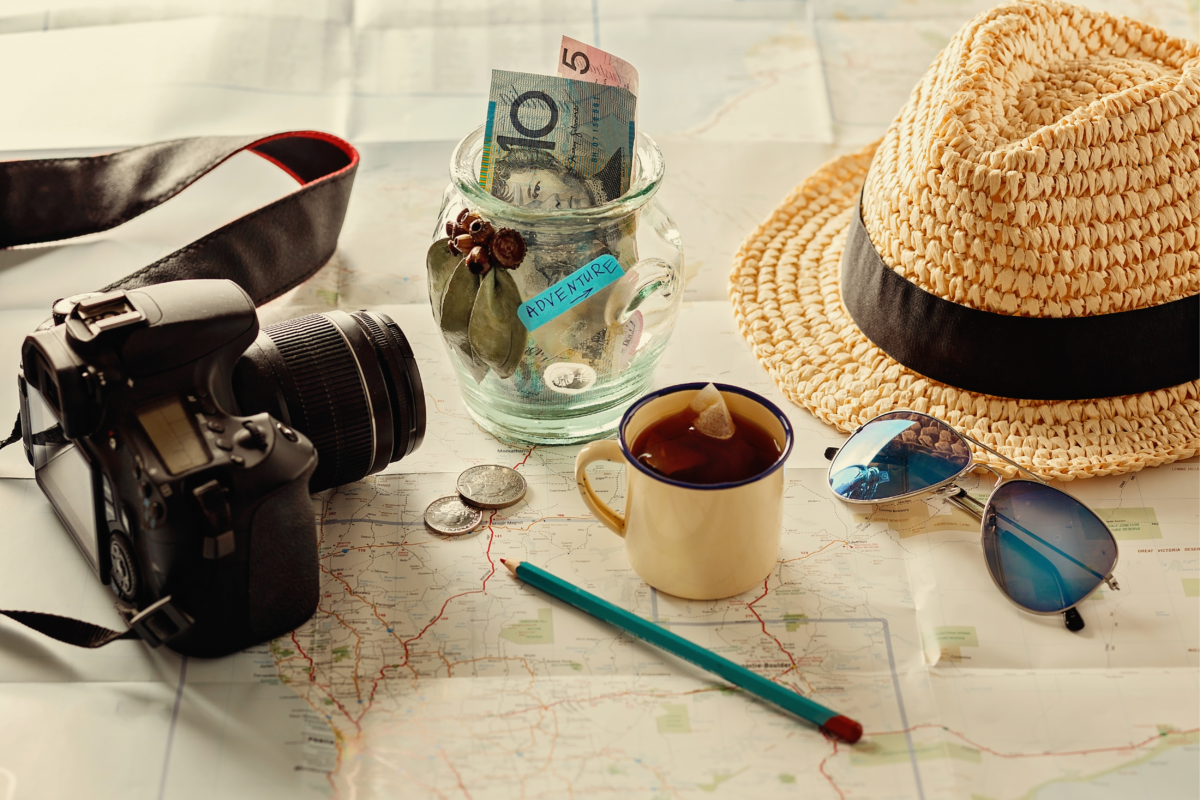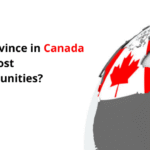Europe is a continent with millennial of history and culture. Don’t be caught unawares and learn more on “What to Expect as a First-Time Traveler to Europe”.
Nothing compares to the first time you set foot in Europe. The realization that you are standing on millennia of history, surrounded by cultures that have greatly influenced the world, is more significant than simply crossing off locations from a bucket list. However, if you’re not well prepared, the trip might also feel daunting, particularly for a first-time visitor.
Europe is a tapestry of cultures, languages, weather, and lifestyles rather than a single, monolithic block. What you experience in Barcelona or Budapest is entirely different from what you’ll experience in Berlin. Thus, this is more than simply a handbook; it’s a personal journey to help you get ready both practically and psychologically for what lies on the other side of the continent.
Click to get a travel visa
Let’s go over everything you need to know, including practical advice that will reduce your stress, time, and expenses as well as culture shocks and climatic surprises.
What to Expect as a First-Time Traveler to Europe
Recognizing European Culture: Anticipate Variability, Not Conformity
Don’t expect to find a singular “European culture” because Europe is incredibly diverse and highly fractured. Every nation, and occasionally even every city, has its unique beat.
One such example is language. While English may be essentially nonexistent in some rural areas of France or Italy, practically everyone in Amsterdam speaks it fluently. Three different languages may be heard on the same street in places like Geneva or Brussels.
Additionally, cultural etiquette differs. People in southern Europe (Greece, Italy, and Spain) are more likely to be outspoken, informal, and expressive. Northern European nations like Sweden and Germany, on the other hand, place a higher importance on direct communication, privacy, and timeliness.
Pay attention. For example, saying “Bonjour” before requesting directions is considered courteous in Paris. Even when the road is vacant, you will see people in Germany waiting for the pedestrian light to turn green. Queues, or lines, are revered in the UK; never try to join one.
The most effective strategy? Remain modest, watch before you act, and ask questions when you’re not sure. A small amount of cultural awareness goes a long way.
Europe’s Weather: Don’t Just Pack Stylishly
Assumption-based packing is one of the most frequent errors made by first-time tourists. The weather in Europe is not uniform and isn’t always predictable.
Generally speaking:
- There are four distinct seasons in Western and Central Europe (France, Germany, the United Kingdom, and the Netherlands). Summers are mild and sometimes scorching, while winters can be chilly and rainy.
- The climate in Southern Europe (Greece, Portugal, and Spain) is generally milder. However, they do have cold winters, particularly inland.
- Extreme weather is more common in northern and eastern Europe (Sweden, Finland, Poland, and Romania), with brief, hot summers and frigid winters.
Best weather advice:
- Layer your clothes if you’re going somewhere in the spring or fall. You may be cold in the morning, warm up by midday, and then encounter rain in the evening.
- Bring sunscreen in the summer, but don’t count on beach weather everywhere.
- Gloves, boots, and a suitable thermal coat are essential for winter, particularly in cities like Prague or Oslo.
Pro Tip: Two days before to your trip, always check the weather prediction for each city. The weather in Europe can change suddenly, particularly in hilly or coastal regions.
Food Culture: Delectable yet Surprising
You will be spoiled with cuisine in Europe, but don’t expect it to be as good as you’re used to at home.
- Particularly in France or Italy, portion sizes are typically smaller than in other African or American societies. However, the taste is frequently more complex and full-bodied.
- Mealtimes might be unexpected: Dinner may not be served till 9:00 p.m. in Spain. It may be difficult to get food in Germany after 8:30 p.m.
- Tipping traditions vary. Tipping is valued but optional in many nations (such as Germany and Austria). A service charge is frequently already incorporated in other countries (such as France and Italy). Still, rounding up the amount or leaving a few more euros is considered nice.
Also note: Many restaurants won’t split bills, and water is not always free – it may come in a bottle, still or sparkling, with a price tag. Never hesitate to ask.
Transportation: Effective but Sometimes Perplexing
Europe may have the world’s best transportation system, so you’re in for a treat. There is typically a quick and hygienic means to move around, whether it be by train, bus, tram, or metro.
- Large cities like Paris, London, and Madrid have sophisticated metro systems. For a better deal, purchase a day or multi-day pass.
- Particularly when traveling between cities, trains are both scenic and quick. Plan ahead for long distance travel; tickets are less expensive weeks in advance.
- Bus services may be limited or terminate early in the evening in smaller communities. Always make a plan.
Important: In places like Rome or Budapest, make sure your ticket is valid before boarding. Even tourists face steep fines for tickets that are invalid.
Social and Cultural Expectations: Inconspicuous yet Important
Europeans value personal space. Small chat with strangers is generally avoided on buses, trains, and in lines. It’s cultural, not impolite.
You may also observe:
- calming areas on public transit. Show them respect.
- Cashless society: Although many cities take cards, you may still need cash for local businesses, markets, or restrooms, particularly in Portugal or Germany.
- Sundays are holy days. The majority of stores are closed on Sundays in many European countries, including Germany and Austria. Make appropriate plans.
Safety & Scams: Remain Vigilant Without Getting Worried
Although tourists are sometimes the target of small-time robbery, Europe is typically a safe place.
- Pickpocketing is prevalent in popular tourist destinations like Paris, Barcelona, Rome, and so on.
- Do not place wallets or phones in unsecured bags or back pockets.
- Check ATMs twice at all times. Only use those that are connected to banks.
Typical scams to be aware of
- False petitions or wristband vendors (often found close to monuments) offering you “found” rings or jewelry and then demanding payment
- Drivers of taxis without meters or feigning damaged meters
Don’t let worry mar your journey, but remain vigilant. Your finest defenses are readiness, attentiveness, and confidence.
Budgeting & Money: Be Aware Before You Go
The euro is not used in all European nations. The UK continues to use the pound, Poland uses the złoty, and Hungary uses the forint. Recognize the currency of your trip and steer clear of the awful exchange rates at the airport.
Obtain a multi-currency debit card or a aver card (such as Revolut or Wise). They assist you in tracking your expenditures and provide better exchange rates. Keep some cash on hand, but not too much.
Budget tip: Traveling to Europe doesn’t have to break the bank. There are free admission days at several museums. In Lisbon or Berlin, street food can be wonderful and reasonably priced. Taxis are frequently far more expensive than local buses and trams.
Let Curiosity Drive, But Let Planning Direct
First-time European travel is more than just a vacation; it’s enlightenment. You’re entering an area with both contemporary IT centers and historic cathedrals. where customs are transmitted as meticulously as great art, yet languages change every hundred kilometers.
You’ll be in awe, perplexed, thrilled, and perhaps even a bit disoriented. And that’s all right.
It’s important that you travel with a flexible mentality in addition to your passport and bags. You must adjust to Europe, not the other way around. You develop academically, emotionally, and personally as a result.
Inhale it. Pose inquiries. Try everything once. Honor the culture. Instead of chasing every landmark, aim for the sensation of being there.
This goes beyond Europe. The goal is to become a traveler—not just someone who goes to places, but someone who grows, learns, and listens with each new experience.
You’re prepared. See the world now.










